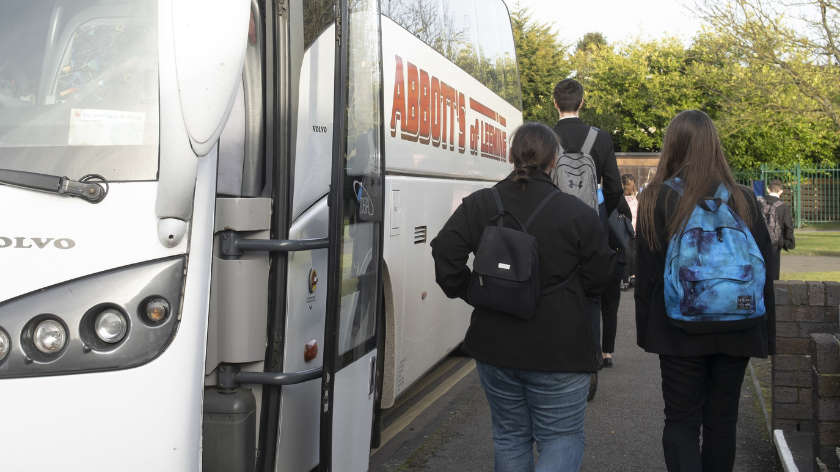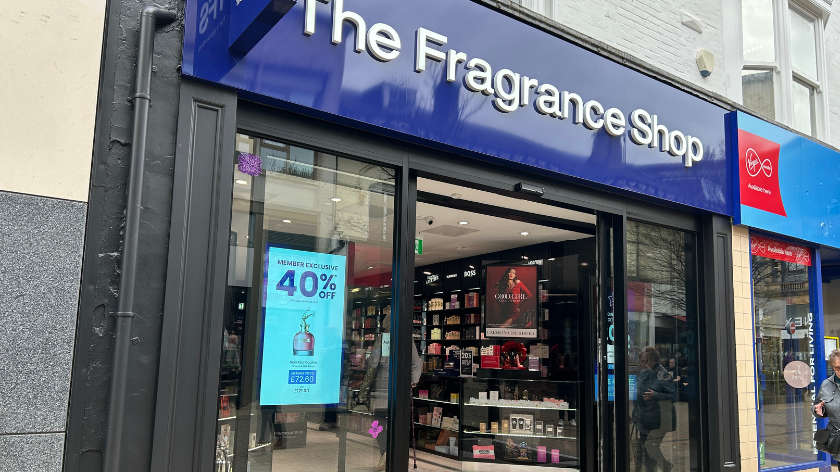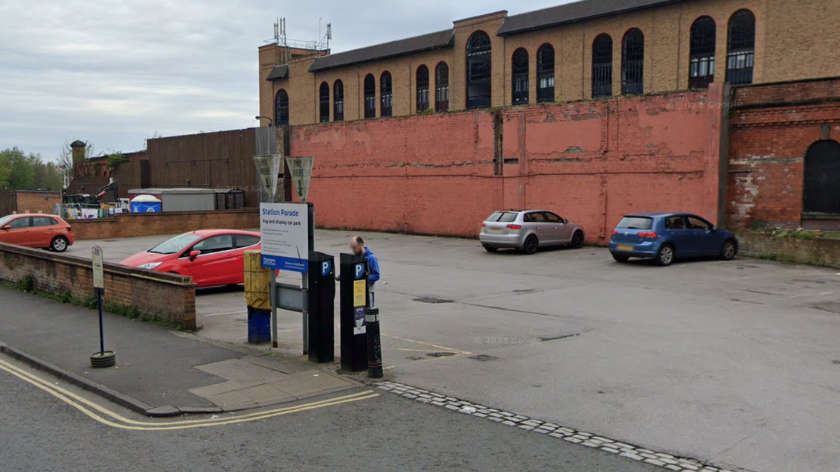
Changes designed to make North Yorkshire Council's home to school transport policy fair to all families, responsible and affordable have been given the go-ahead.
The council faces a £48 million shortfall in its budget and needs to bring its policy in line with that offered by many other councils to ensure it and other essential frontline services are sustainable.
Providing school transport has become the third-largest expenditure for the authority at £51 million a year – behind adult social care and waste management – and has more than doubled since 2018/19.
Considering feedback from a public consultation earlier this year, elected members have today (Wednesday, July 24) confirmed the new home to school travel policy at a full meeting of North Yorkshire Council.
The new policy includes:
Free transport for eligible pupils to the nearest school to their home address.
- Help with travel to a child who lives within the statutory walking distance to their catchment or nearest suitable school if the route has been assessed as “unsafe” and there is no other alternative route below the statutory walking distance.
- All routes used to take pupils to school would be risk assessed.
- Discretionary powers have been extended for the eligibility of travel assistance for secondary age pupils from low-income families to attend one of their three nearest suitable schools within 2 to 12 miles.
- A change in policy would apply to new applications from September (this September’s Reception and Year 7 cohorts would not be affected).
The authority’s deputy leader, Cllr Gareth Dadd, said:
“We currently provide some transport services which go beyond our statutory duty.
"Increases in the cost of fuel, transport and insurance mean that we have to bring the policy into line with the Department for Education guidance and target resource at those who most need it.
“If we do nothing, then the rising cost of home to school travel could have a crippling effect on the other services we must deliver by law."
He added:
“We understand the concerns from parents and carers around transporting children and young people to the school of their choice, as well as concerns if siblings will attend different schools due to travel costs.
"However, parents and carers still have a choice as to where to send their children.
"It is important for them to now factor in travel costs if they choose a school that is not their nearest school.
“The policy will now be applied in a more consistent and fair way. It will ensure we are legally compliant, and importantly it will mean we can manage the escalating costs of this service while protecting those who are most in need of our help.
"The new policy ensures equality and transparency of provision for parents and children.”
The authority’s assistant director for education and skills, Amanda Newbold, said:
“We would like to reassure parents and carers that no-one will lose what they currently have in terms of home to school travel provision.
“The new policy does not directly affect where children go to school – that is still the choice of the parent or carer. Next month we will launch a digital tool to help parents and carers find out their nearest school.
"This tool will help parents and carers make an informed decision when they are looking to apply for school places.”
The council’s executive member for education, learning and skills, Cllr Annabel Wilkinson, added:
“Thank you to everyone who took part in the consultation.
We would like to reassure parents and carers that we have listened to their feedback and do appreciate how emotive this policy is. To support young people, their parents and carers through the policy implementation there will be a phased change over a seven-year period.
"We have also introduced extended eligibility to help those most in need.”
Earlier this month North Yorkshire Council’s leader, Cllr Carl Les, highlighted the council’s projected £48 million annual shortfall over the next four years.
He said:
“We will need to proceed as if major savings will still be needed, until somebody in government tells us differently.
“If our policies and procedures are out of step with government guidance, or out of step with what most other councils are doing, and that is costing us more to deliver services, then we will need a very convincing argument indeed to continue with that extra expense.”



 Music lineup announced for return of Harrogate Food and Drink Festival
Music lineup announced for return of Harrogate Food and Drink Festival
 Successful Yorkshire debut for Harrogate rugby star
Successful Yorkshire debut for Harrogate rugby star
 Primary school rallies to support neighbour blighted by thieves
Primary school rallies to support neighbour blighted by thieves
 The Fragrance Shop opens in Harrogate town centre
The Fragrance Shop opens in Harrogate town centre
 Parking fees set to rise across North Yorkshire
Parking fees set to rise across North Yorkshire
 Campaigners seize on council leader's Gateway comments
Campaigners seize on council leader's Gateway comments
 Mercer Art Gallery to host immersive light and colour exhibition
Mercer Art Gallery to host immersive light and colour exhibition
 Runner to take on marathon for Harrogate charity that 'transformed' his sister's life
Runner to take on marathon for Harrogate charity that 'transformed' his sister's life
 Harrogate residents warned of door-to-door scammers
Harrogate residents warned of door-to-door scammers
 Rossett School to plant over 300 trees throughout grounds
Rossett School to plant over 300 trees throughout grounds
 Motorcyclist in 'serious condition' following Ripley Road crash
Motorcyclist in 'serious condition' following Ripley Road crash
 Is this Bettys Easter egg the most expensive in the UK?
Is this Bettys Easter egg the most expensive in the UK?
 The Range opens new Harrogate store
The Range opens new Harrogate store
 Country fashion brand to open in Harrogate town centre
Country fashion brand to open in Harrogate town centre
 Harrogate sisters' fashion brand named as finalist for women's style award
Harrogate sisters' fashion brand named as finalist for women's style award
 National recognition for popular Italian restaurant in Ripon
National recognition for popular Italian restaurant in Ripon
 Categories revealed ahead of Harrogate Dog Show
Categories revealed ahead of Harrogate Dog Show
 Edible garden to feature at Harrogate Flower Show
Edible garden to feature at Harrogate Flower Show
 Opening date revealed for new Harrogate jeweller
Opening date revealed for new Harrogate jeweller
 Police issue CCTV after thefts from Harrogate Sainsbury's
Police issue CCTV after thefts from Harrogate Sainsbury's








